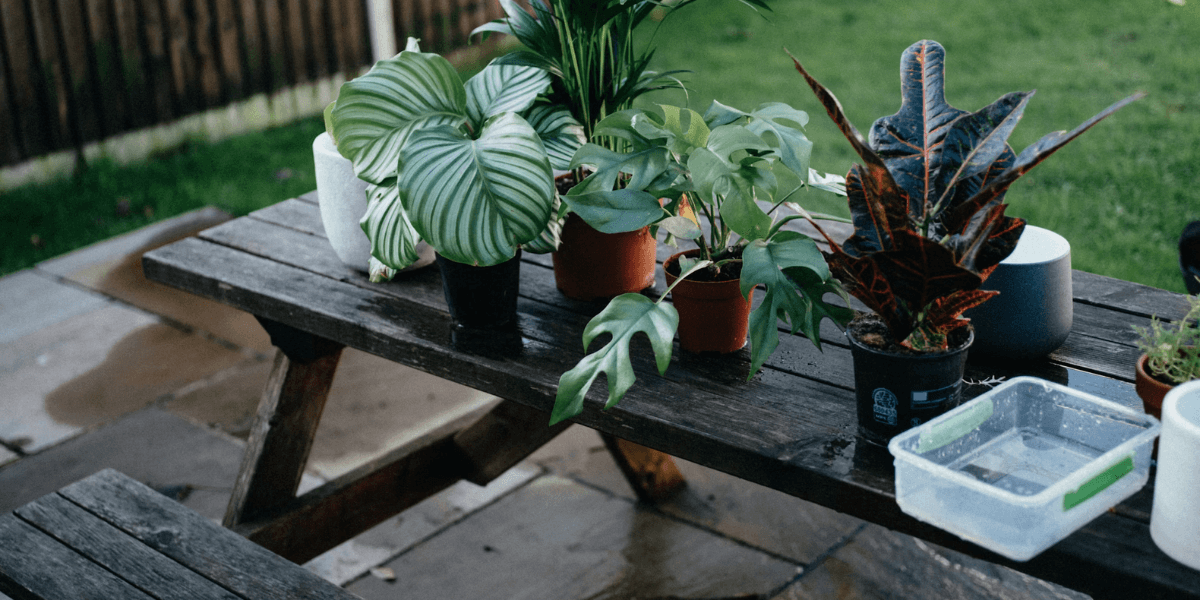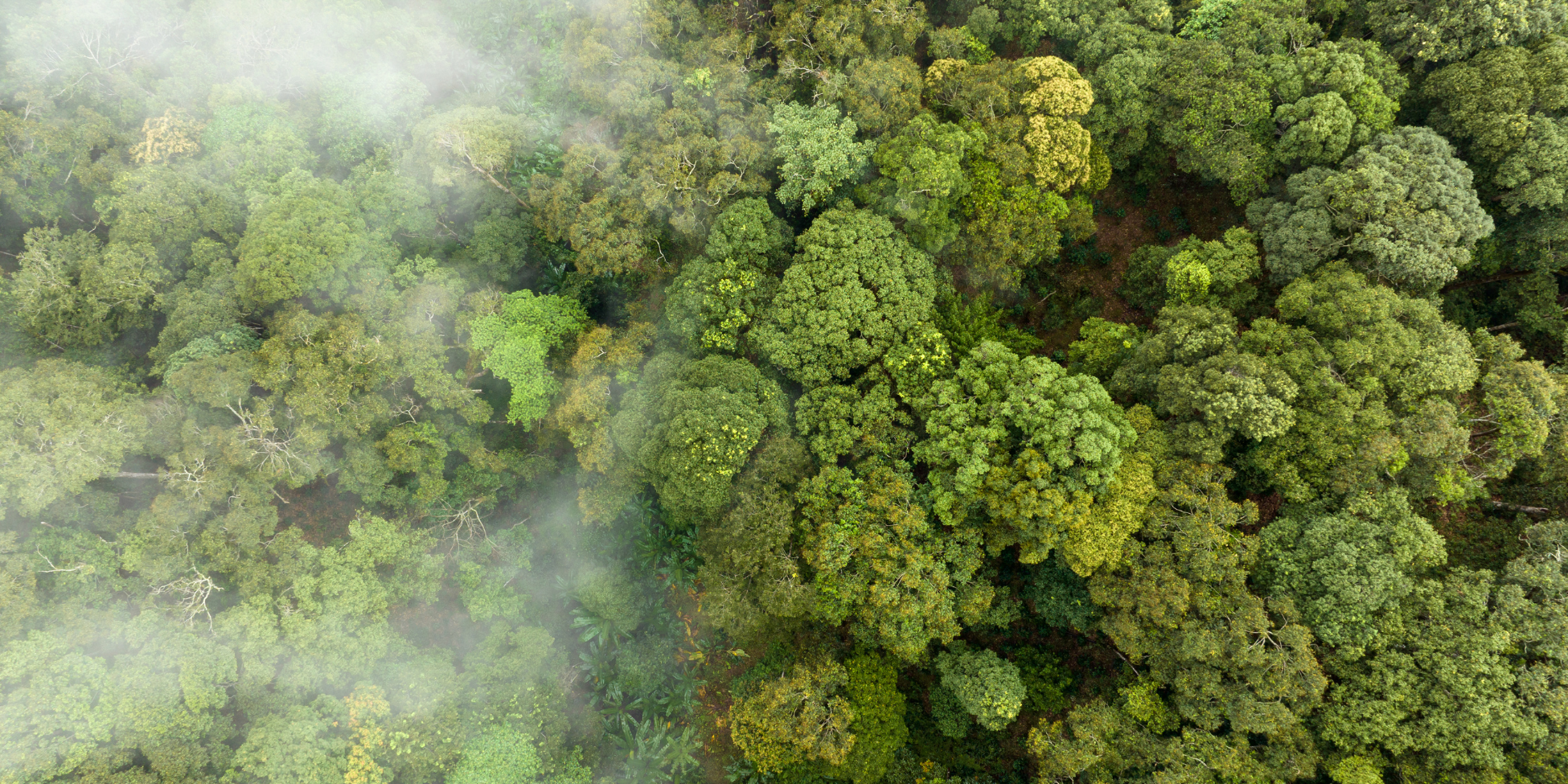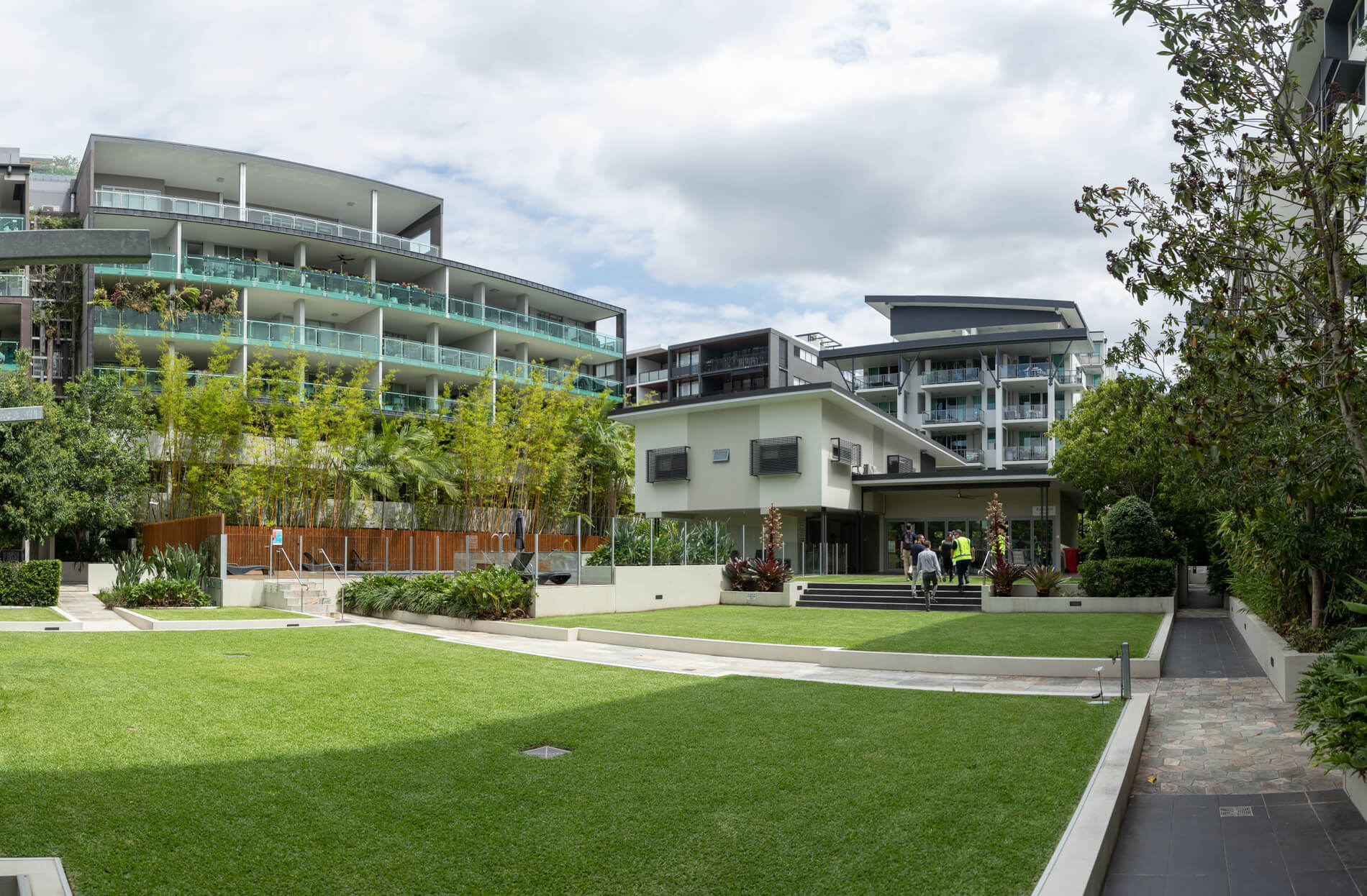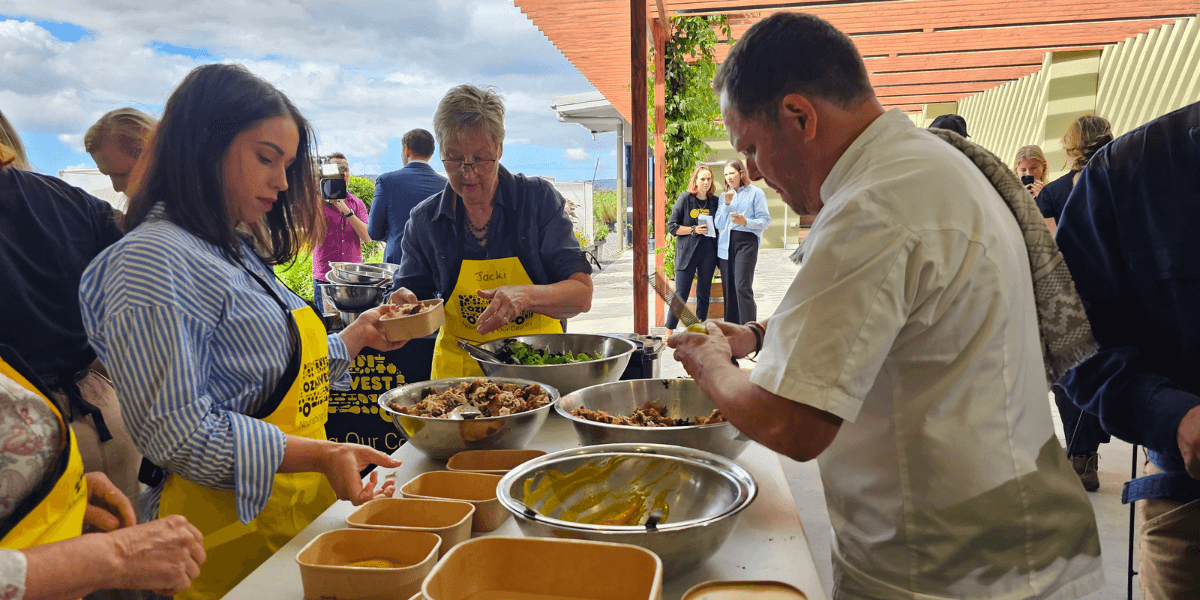REDUCE YOUR WASTE, LOWER YOUR FOOTPRINT
Three ways to make sure green waste isn’t wasted
Did you know that the average Brisbane bin contains 26% garden waste that could have been recycled?
According to the latest Australian Bureau of Statistics data, Brisbane is Australia’s fastest growing city and with our current landfill near capacity and few other landfill sites available, there are some simple ways each one of us can collectively make a difference.
Get on the bin-wagon
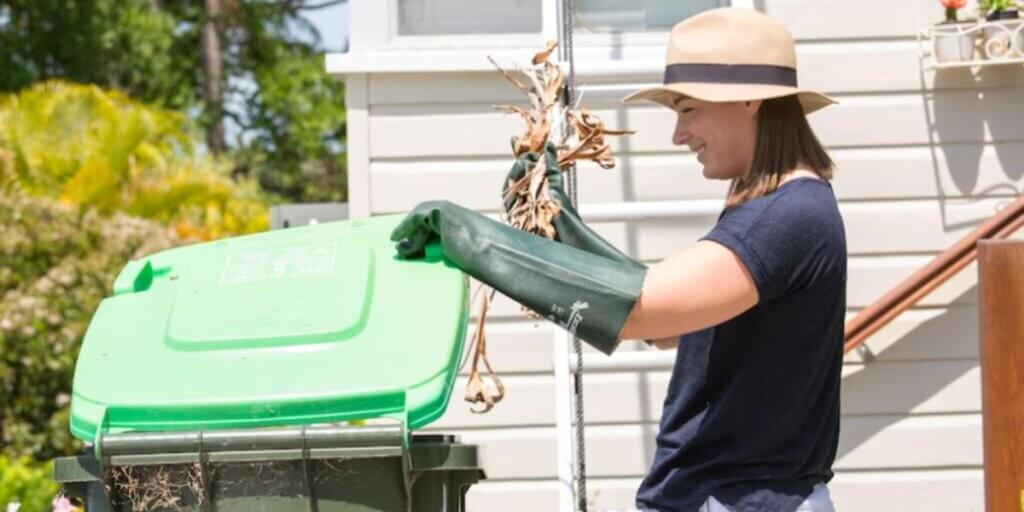
Sign up for Brisbane City Council’s green waste recycling collection service for less than $1 a week! As part of Council’s “Towards Zero Waste Strategy“, the original cost has been more than halved from $93.68 per annum to $45 per annum, so it’s never been easier to go green.
Keep it separated
Separating and disposing of our waste the right way is one of the best ways we can contribute to a more sustainable and environmentally friendly future.
Lawn clippings, palm fronds, prunings, leaves and even weeds can all be placed in the green waste recycling bin which is then processed by Council’s recycling facilities and turned into mulch and compost. This is then used for agriculture, parklands and landscape rehabilitation sites, so it’s important to get the sorting right.
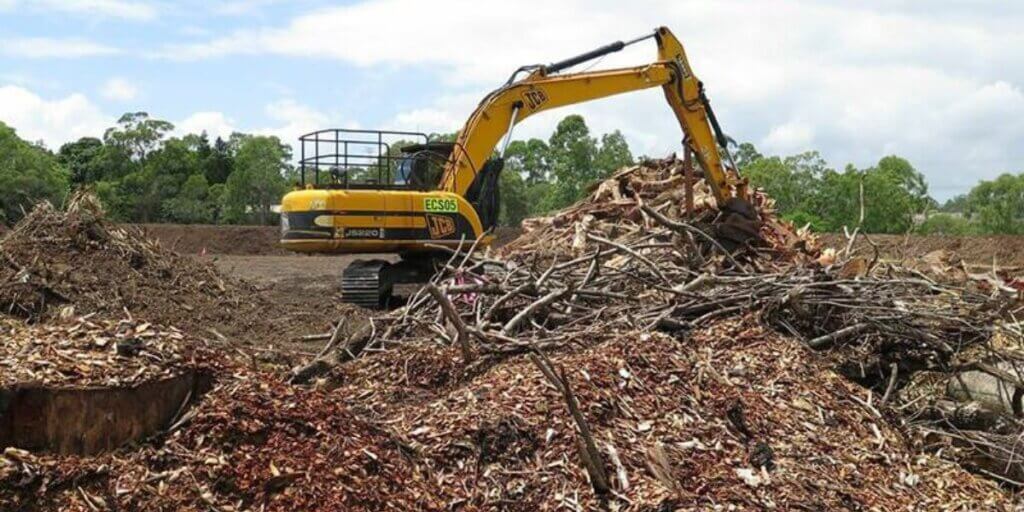
When plastic or other non-organic matter is mixed in with green waste, the facilities may have to reject the load. If it isn’t detected, it may be grinded up as part of the compost or mulch processing and spread across urban and natural green areas. Shredded bits of plastic and other non-organic matter can blow into rivers and creeks or be digested by animals.
Current efforts to help combat green waste contamination include employing plastic pickers, however this is expensive and only a percentage of non-organic matter is picked up.
Keep it container and bag-free
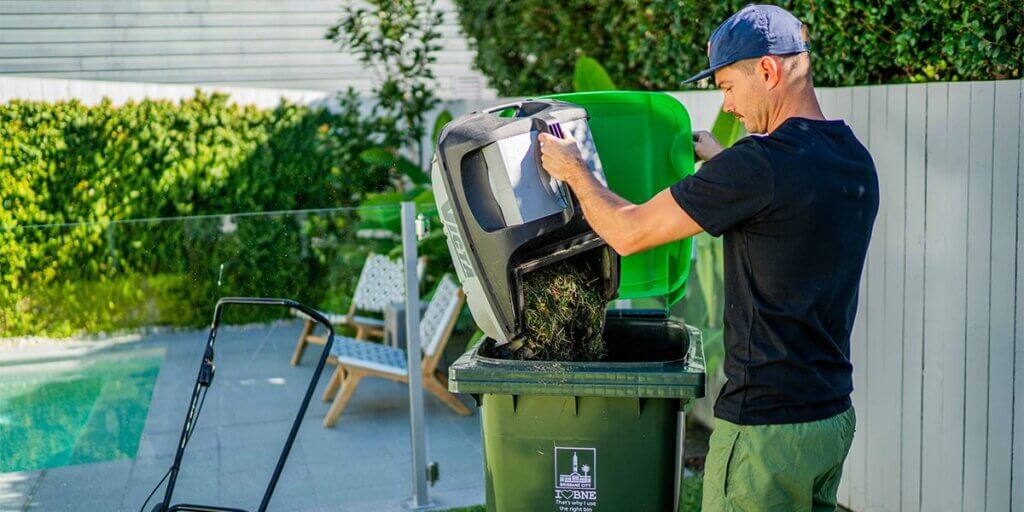
One of the easiest ways to ensure that quality mulch and compost products are spread across our city, is to tip your green waste and organics straight into the bin – there’s no need to bag it all up first!
If you are taking part in Council’s FOGO (Food Organics Garden Organics) trial, be sure to tip only the food waste in the green waste bin, then recycle or reuse your container for the next time around.
And best of all your green waste bin doesn’t need a bin liner, so ditch the giant bin bags and save yourself some cashola on your next grocery shop.
For more information about recycling your green waste, visit Council’s website.
The author

Cass Gaisford
Cass is a Project Manager and Landscape Architect within the Oxley Creek Transformation project team. Cass is passionate about creating wonderful green open spaces for both human and wildlife communities.



